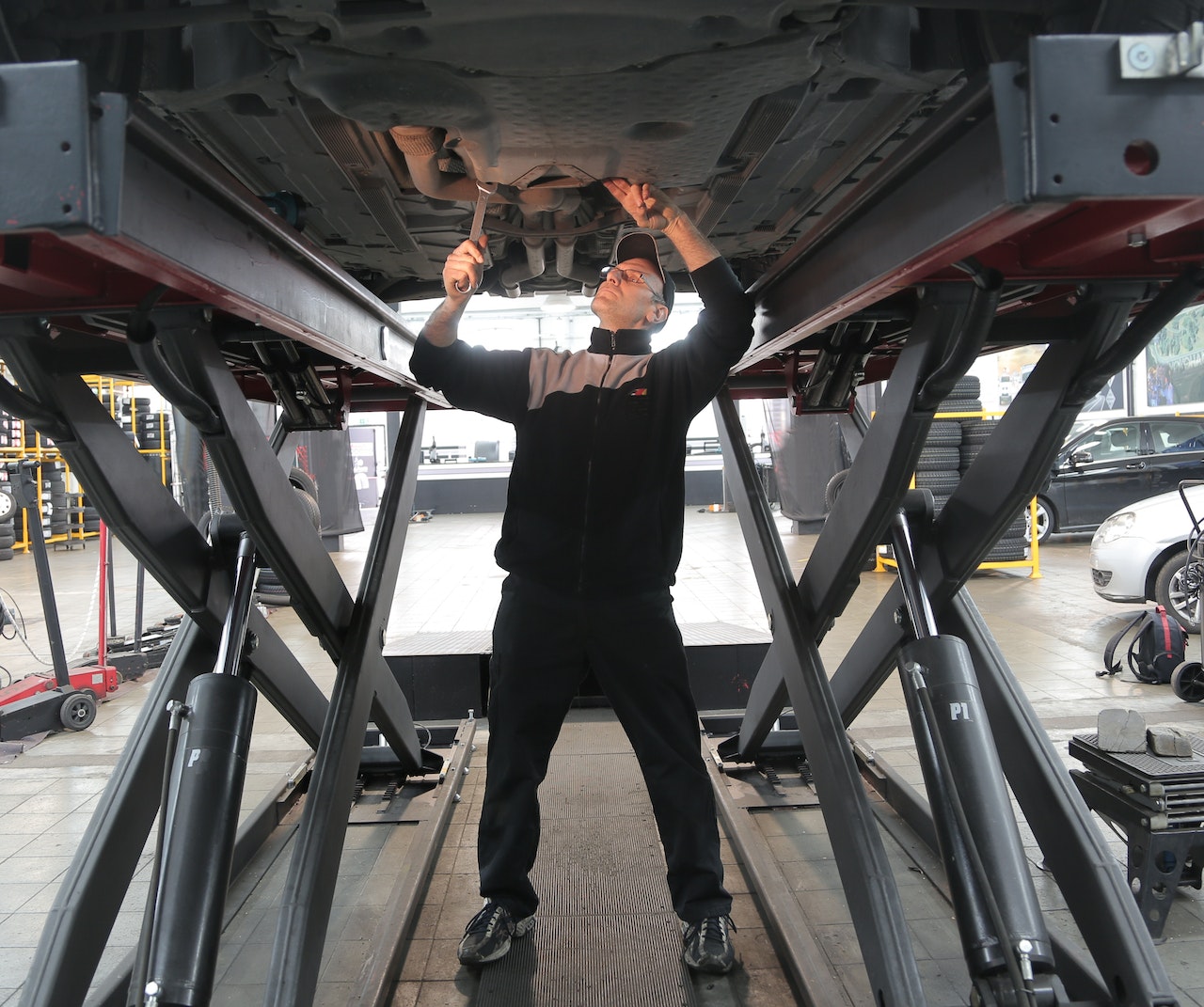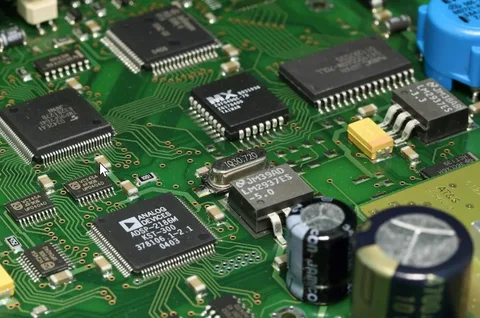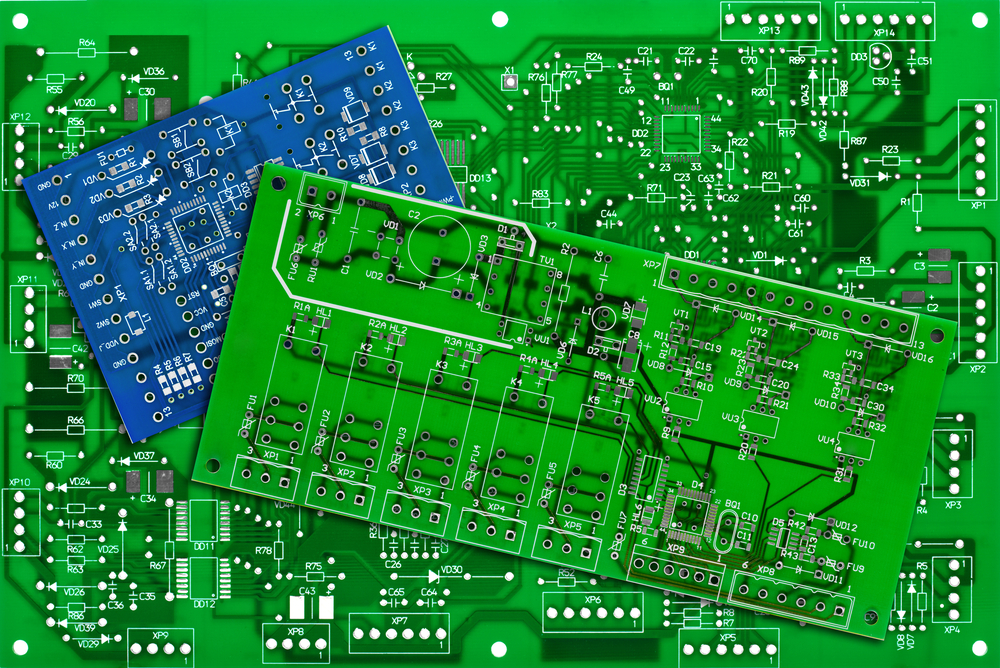A car tune-up is a routine maintenance service that is designed to keep your vehicle running smoothly and efficiently. It typically includes a variety of services, such as checking and adjusting the ignition and fuel systems, replacing filters and fluids, and inspecting various components of the car. In this article, we will explain what a car tune-up is and why it’s important, as well as the steps involved in getting a car tune-up.
What is a car tune-up? A car tune-up is a routine maintenance service that is designed to keep your vehicle running smoothly and efficiently. It typically includes a variety of services, such as checking and adjusting the ignition and fuel systems, replacing filters and fluids, and inspecting various components of the car. A tune-up is usually done on a regular basis, such as every 30,000 miles or so, depending on the make and model of the car.
Why is a car tune-up important? A car tune-up is important for several reasons. Regular maintenance can help to prevent breakdowns and prolong the life of your vehicle. A tune-up can also help to improve fuel efficiency, which can save you money on gas. Additionally, regular tune-ups can help to keep emissions at a lower level, which is better for the environment.
Steps Involved in getting a car tune-up
- Check the spark plugs: The spark plugs are responsible for providing the spark that ignites the fuel in the engine. Over time, spark plugs can become worn or fouled, which can cause the engine to run poorly or not at all.
- Check the air filter: The air filter helps to remove dirt and debris from the air that is entering the engine. A dirty air filter can reduce the engine’s performance and fuel efficiency.
- Check the fuel filter: The fuel filter removes dirt and debris from the fuel before it enters the engine. A dirty fuel filter can cause the engine to run poorly or not at all.
- Check the oil and oil filter: The oil and oil filter are responsible for lubricating and cleaning the engine. Over time, the oil can become dirty or low, which can cause the engine to run poorly or not at all.
- Check the transmission fluid: Transmission fluid helps to lubricate and cool the transmission. Over time, the transmission fluid can become dirty or low, which can cause the transmission to fail.
- Check the coolant: The coolant helps to keep the engine cool. Over time, the coolant can become dirty or low, which can cause the engine to overheat.
- Check the brakes: The brakes are responsible for stopping the car and are of utmost importance to routinely check up on.
A car tune-up is a routine maintenance service that helps ensure that your vehicle is running at its best. It typically includes a variety of inspections and adjustments to keep your car in top condition and can help prevent more serious and costly repairs down the road.
The first step in a tune-up is to check the air and fuel filters. These filters help remove contaminants from the air and fuel that your car uses to run. Over time, these filters can become clogged, which can reduce your car’s performance and fuel efficiency. Replacing them is an easy and inexpensive way to improve your car’s performance.
Next, the technician will check the spark plugs and ignition system. Spark plugs are responsible for igniting the fuel in your car’s engine, and worn or dirty spark plugs can cause misfires and reduce your car’s performance. The ignition system is also checked for any issues, such as worn or damaged parts.
The technician will also check the fluids, such as the oil, transmission fluid, coolant, and brake fluid. These fluids help keep your car’s systems running smoothly, and low levels or dirty fluids can cause problems. The technician will also check for any leaks, which can indicate a more serious problem.
The technician will also check the belts and hoses for any wear or damage. These components are essential for keeping your car running smoothly, and worn or damaged belts and hoses can cause problems such as overheating or loss of power.
Finally, the technician will check the tires and brakes. Tires that are worn or under-inflated can cause poor handling and increased fuel consumption. The brakes are also checked for wear and proper function, ensuring that the car stops safely.
In summary, a car tune-up is an important maintenance service that can help keep your vehicle running at its best. It includes a variety of inspections and adjustments to keep your car in top condition, and can help prevent more serious and costly repairs down the road. Regularly scheduled tune-ups can help you maintain your car’s performance, safety and longevity.





